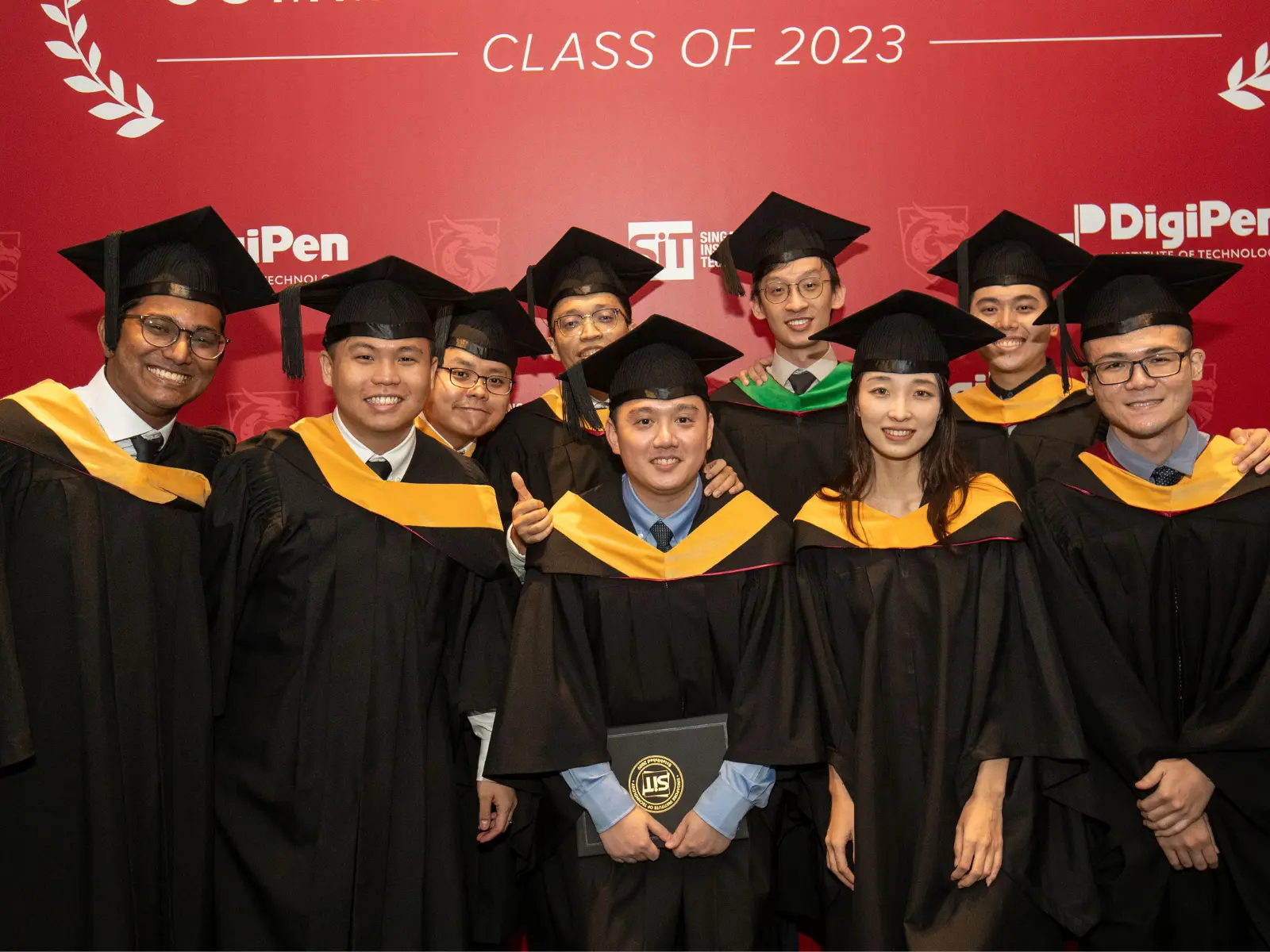The Bachelor of Engineering in Systems Engineering (ElectroMechanical Systems) — or SEEMS — is a multidisciplinary degree program that brings together the fields of mechanical, electrical, and computer engineering with a holistic approach to system development. SEEMS looks at the design, analysis, development, and life-cycle management of complex interconnected systems with a broad range of applications. Its methodologies address real-world complexities, such as uncertainty, constraints, multiple objectives, and interactions among various parts or subsystems that constitute the whole.
Graduates of this program are trained to understand the larger context of hardware and software engineering, solving complex problems through an integrated and multidisciplinary approach. A trained SEEMS engineer uses sophisticated methods to develop and effectively manage engineered systems within today’s complex and interconnected world.
The BEng in Systems Engineering (ElectroMechanical Systems) is a joint degree program by SIT and DigiPen Institute of Technology Singapore.
Who Should Pursue This Degree?
The SEEMS program focuses on the engineering of complex mechanical systems that are controlled by microprocessors and microcontrollers. If you do not wish to take up the traditional approach to engineering and instead wish to pursue a multidisciplinary degree that covers the fields of mechanical, electrical, and computer engineering as they apply to real-world scenarios in the professional technology industries, the SEEMS program could be a good fit for you.
As a student in this program, you will:
Academic Roadmap
The SEEMS program builds on a theoretical foundation of math, physics, computer science, electrical engineering, mechanical engineering, and systems engineering. Through trimester-long project modules, students must work in teams to design, develop, integrate, test, and present unique systems under the guidance of both academic and industrial experts. The blend of creativity and technical knowledge gained while completing projects gives students the versatility to adapt to an evolving technological environment. As part of the SEEMS program curriculum, all students will participate in a one-trimester Overseas Immersion Program (OIP) at DigiPen’s Redmond, Washington, campus in the United States, as well as a two-trimester Integrated Work Study Program (IWSP) for the third year of the program.
Study Trip — Overseas Immersion Programme
The Overseas Immersion Programme (OIP) is mandatory for SEEMS students. Students will study for one trimester at DigiPen Institute of Technology’s U.S. campus, attending lectures, labs, and industry seminars. Students will interact with American professors and mentors while experiencing life in a different culture with their overseas peers.
Integrated Work Study Programme
The Integrated Work Study Programme (IWSP) is an uninterrupted eight-month duration (two trimesters) work placement program that will provide students with unique learning opportunities to achieve the following objectives: (1) applied learning – integration of theory and practice, acquisition of specialist knowledge, and development of professional skills; (2) exposure to real-world conditions — appreciation of real-world constraints in respective industry contexts to develop skills of adaptability, creativity, and innovation; and (3) smooth transition to jobs — practical experience which shortens the work-induction period.
SEEMS students will undergo their IWSP during Year Four of their studies.
Admissions Requirements
In order to apply for the Bachelor of Engineering in Systems Engineering (ElectroMechanical Systems) program, you should have a strong foundation in math, science, and problem-solving. You’ll need to have completed precalculus (or its equivalent) prior to attending DigiPen (Singapore).


